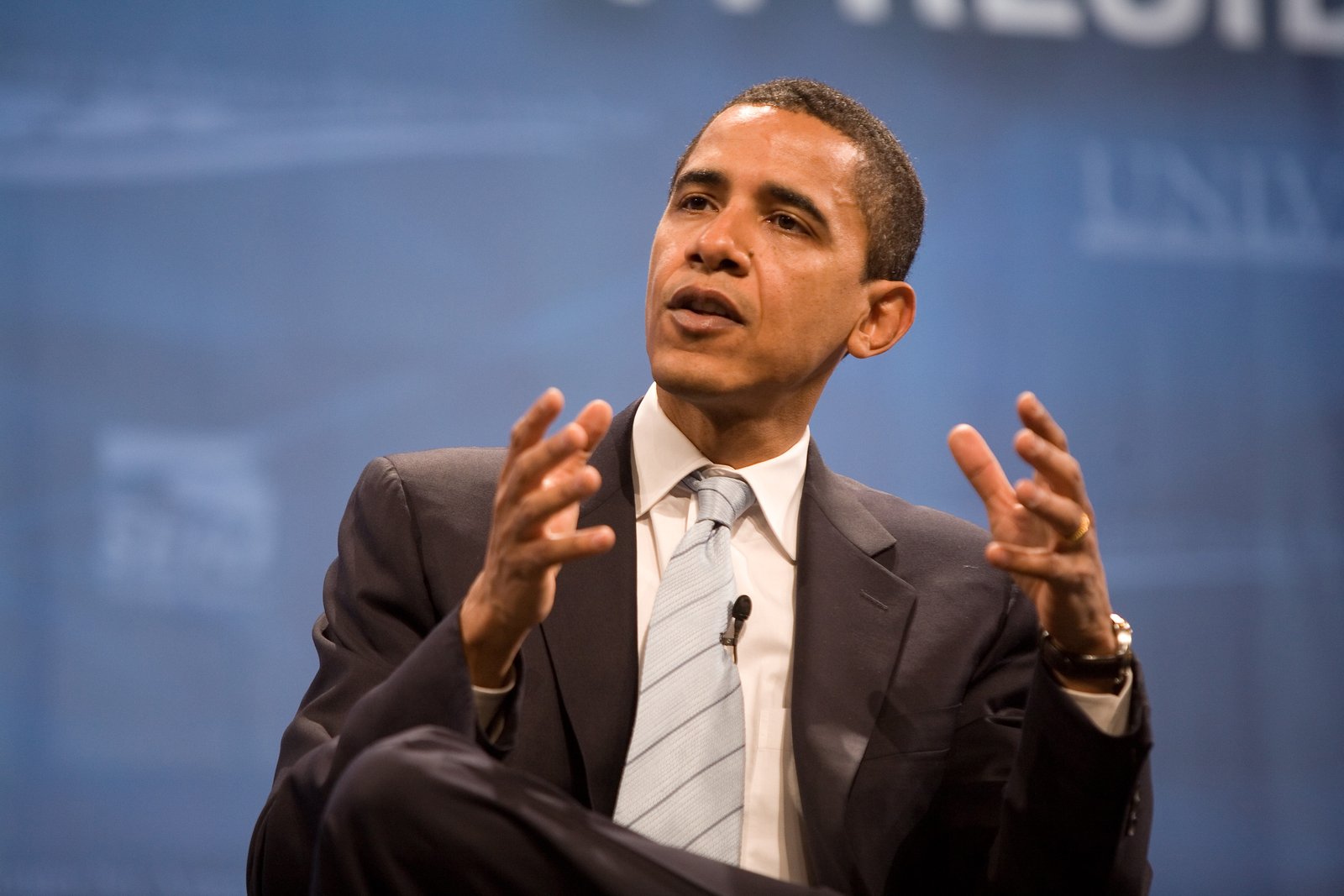Why Buying a $50,000 Watch Feels “Necessary” to the Ultra-Rich—The Psychology Behind Luxury Spending
Luxury & Billionaire Lifestyles / Date: 05-28-2025

What if I told you that luxury spending has almost nothing to do with quality—and everything to do with status anxiety, tribal signaling, and deep psychological hooks we rarely admit to? Yeah, that Rolex isn’t just a timepiece. It's a flag. And what it waves says a hell of a lot more than just “I’m rich.”
In this article, we’re going to dig into the real reasons the ultra-wealthy drop six figures on handbags, fly private when first-class exists, and shell out $10,000 for a bottle of wine that honestly tastes... kind of like the $200 one. Prepare to unlearn what you think you know about luxury—and maybe understand why some of your own spending habits aren’t as logical as you’d like to believe.
Here's Why the Myth of "Better Quality" Is Dead

You’ve heard it: “They pay more because they’re getting the best.” Sounds logical, right?
Wrong.
Price often raises perceived quality, according to Harvard Business School professor Dr. Michael Norton, but what about actual quality? Not so much. In blind tests, luxury wines routinely fail to beat mid-tier bottles. And don’t even get started on designer T-shirts—studies show people can’t distinguish between $15 and $150 tees when logos are removed.
So why the obsession with “top-tier” stuff?
Because status is a drug. Price becomes a proxy for prestige. Even if no one can demonstrate it, the higher it is, the better it must be.
Psychologist Paul Bloom (author of How Pleasure Works) explains that “authenticity” and origin matter more than functionality. A $90,000 Hermès bag handmade in France activates the same brain reward systems as art or love. Logic is out the window. Emotion drives the cart—and the Amex.
The Real Reason They Spend More? Social Signaling on Steroids
Think rich people buy expensive things just to enjoy them? That's only half the story, let's face it.
We’re wired for signaling. Always have been. From peacock feathers to Porsche Panameras, status symbols tell others where we rank. In the words of sociologist Thorstein Veblen (yes, old-school name-drop here), “conspicuous consumption” isn’t new. It's baked into the human code.
But for the ultra-wealthy, the game shifts. When everyone around you already owns the standard luxury pieces, standing out requires overkill. Think custom yachts, NFT Rolexes, rare gemstone handbags—anything that screams “I’m beyond your league.”
Case in point: At the 2023 Geneva Watch Auction, a Patek Philippe Sky Moon Tourbillon sold for $5.8 million. Was it 290 times better than a $20,000 Rolex? Of course not. But in elite circles, owning it says something money alone can’t—access, legacy, inner-circle status.
It’s tribal. Primitive. And wildly effective.
How Gucci Lost a Billion-Dollar Market by Misunderstanding the Psychology
In 2021, Gucci launched a line of sneakers aimed at Gen Z millionaires. The idea? Make luxury “playful” and more inclusive. Sounds smart—on paper.
But here’s the kicker: It flopped. Hard.
Why? Because in trying to democratize luxury, they diluted its exclusivity. Ultra-rich buyers don’t want mass appeal. They want scarcity. Personalization.
According to a leaked internal report (discussed on the “Business of Fashion” podcast), Gucci's high-end clients felt the brand had become “too accessible.” Ouch.
And the damage was real—Gucci's sales dropped nearly 15% in the premium segment that quarter, while rival houses like Hermès (which doubled down on exclusivity and gatekeeping) saw record profits.
Lesson? Luxury isn’t about inclusion. It’s about exclusion—precisely the thing that makes it desirable.
So... What Really Drives a $100K Splurge on a Bag?
Let's pause and ask a painfully honest question: Why do some people feel compelled to own absurdly priced items?
The answers aren’t as glamorous as the price tags:
- Fear of irrelevance – In elite circles, not keeping up with the latest luxury drop is social suicide. Missing the “it” bag can mean missing a spot at the table.
- Validation hunger – For many, wealth isn’t satisfying until others see it.
- Reward conditioning: Research indicates that similar to winnings from gambling, high-stakes purchases cause dopamine surges. It's enticing.
- Narrative buying – “This watch is a reminder of closing that $10M deal.” The object becomes a trophy—and a dopamine-rich story.
And here’s a dark twist: The ultra-wealthy often feel more pressure, not less. When money is no object, your identity gets tied to your taste. And taste can be judged. Harshly.
What You Can Learn (and Steal) from Luxury Psychology—Without Selling a Kidney
Now, before you swear off luxury forever, here's the twist: there is a smarter way to tap into the psychology of high-end spending without going broke.
Let’s break it down:
- Signal differently – Rich folks flex with items; you can flex with knowledge. Style. Social proof. You’d be surprised how far confidence and originality go in crowded rooms.
- Reframe reward – Try tying purchases to meaningful milestones. Bought a $200 pair of shoes after crushing a 6-month project? That’s better psychology than impulse buying Gucci to cure boredom.
- Curate, don’t collect – The wealthy curate what they own. They display restraint. Copy that mindset: Buy slow, buy thoughtfully, tell a story with your choices.
And yeah, skip the $10,000 wine. Trust me—your taste buds won’t care, but your credit card will.
Follow Us
Newsletter
Subscribe to our newsletter to stay updated with our latest news and offers.
We respect your privacy.Trending









